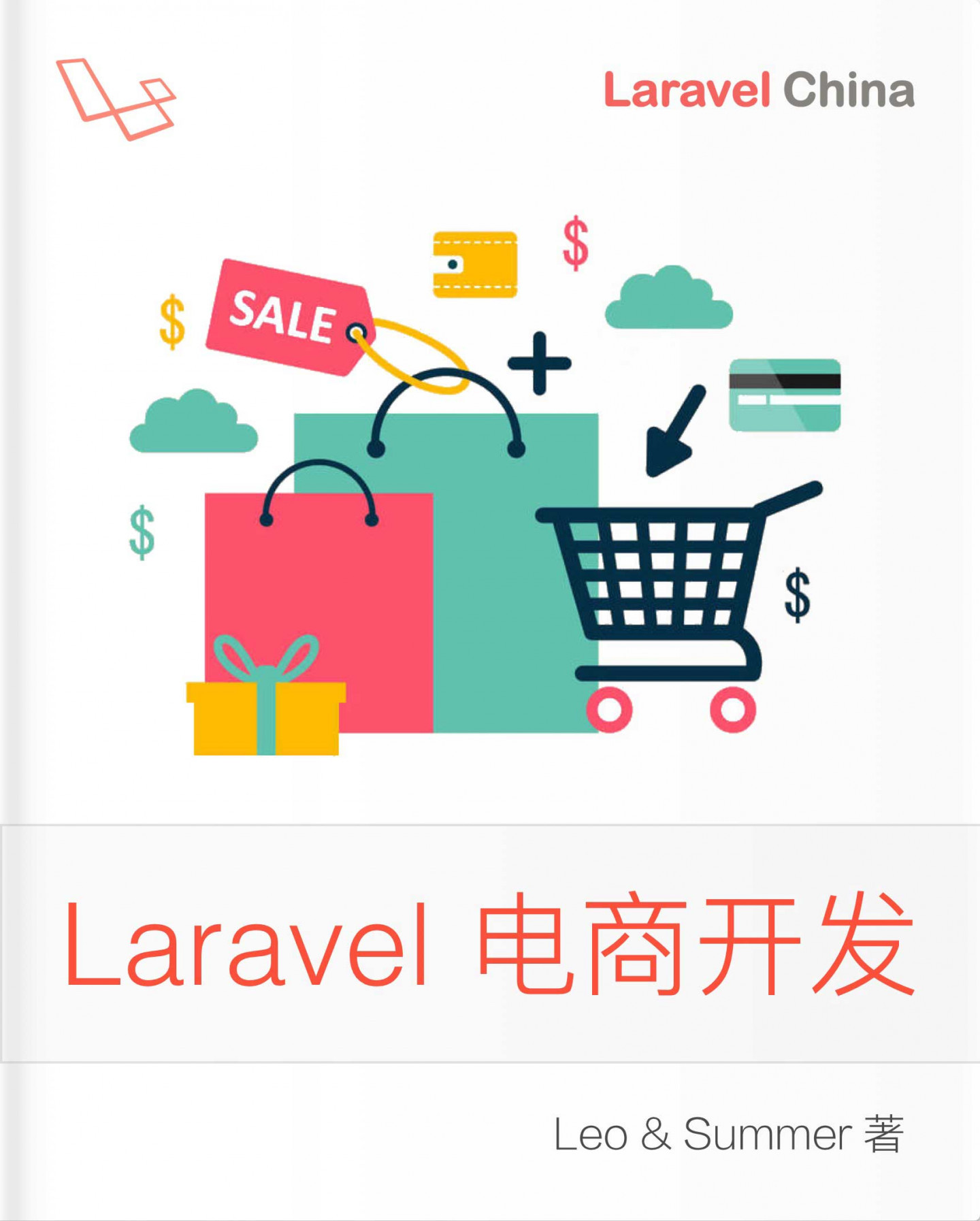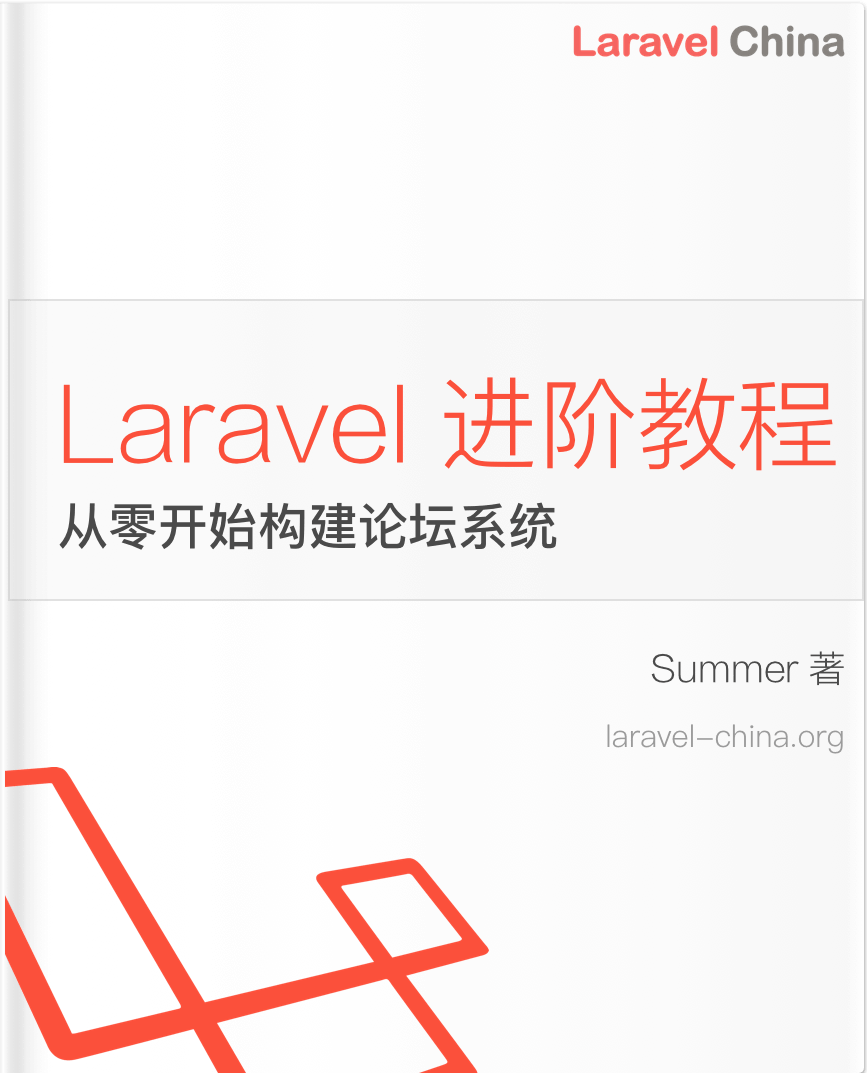API 资源集合的如何像资源那样新增和减少返回的值
// 获取课程列表
public function getList(){
return new CourseCateCollection(EduCourseCate::all());
} public function toArray($request)
{
return parent::toArray($request);
}上面是源码,如果我按照下面资源的这样写的话,会报错
public function toArray($request)
{
return [
'id' => $this->id,
'name' => $this->name,
'email' => $this->email,
'created_at' => $this->created_at,
'updated_at' => $this->updated_at,
];这样的问题,还如何处理?
解决了。看到了别人有提问这个问题的。
第一步的时候的代码,改成这个的一个返回就行了
UserResource::collection(User::all());





 关于 LearnKu
关于 LearnKu




推荐文章: